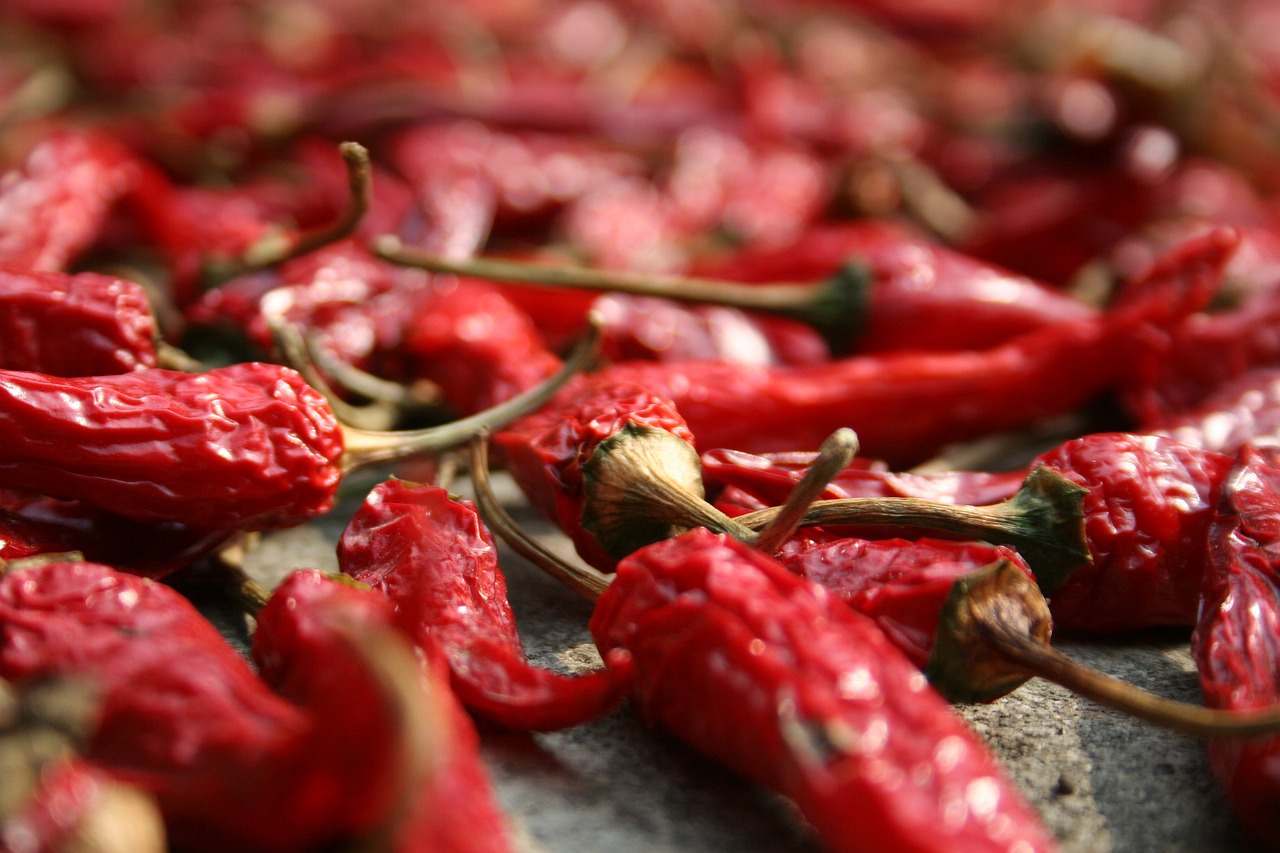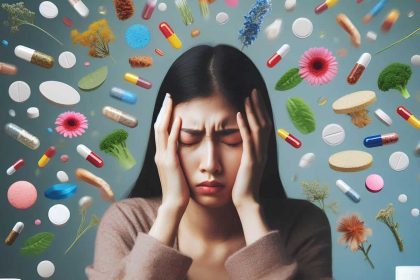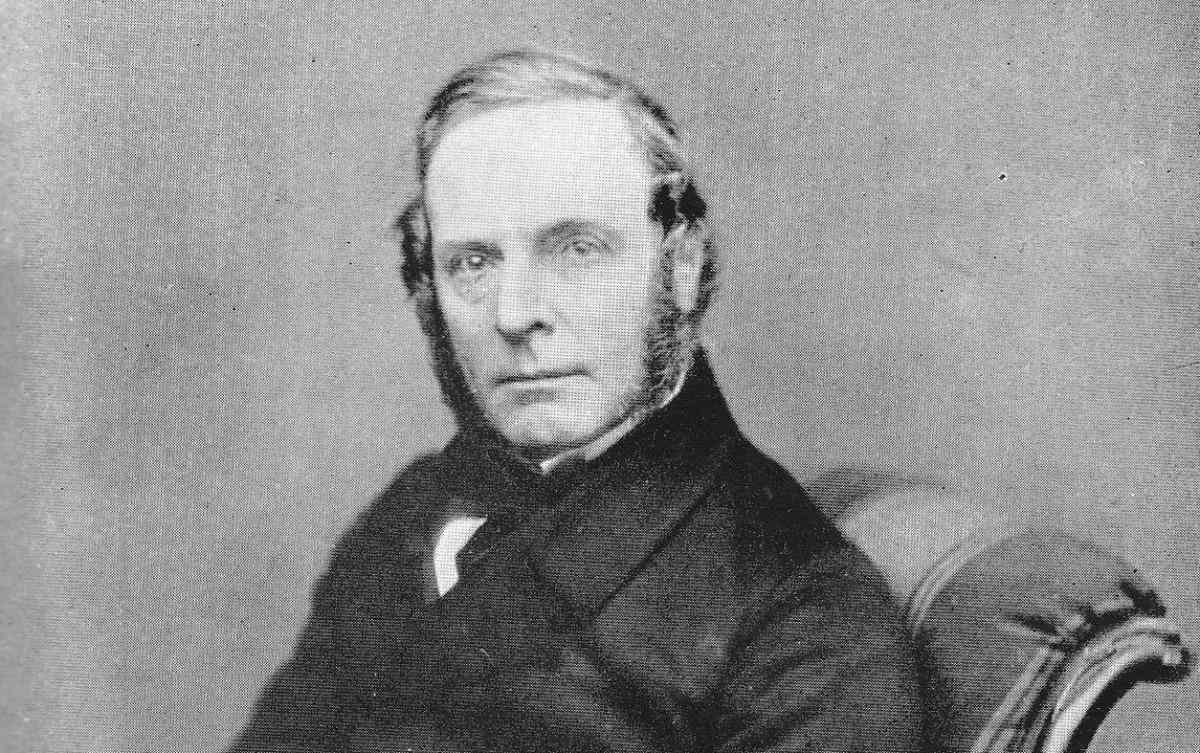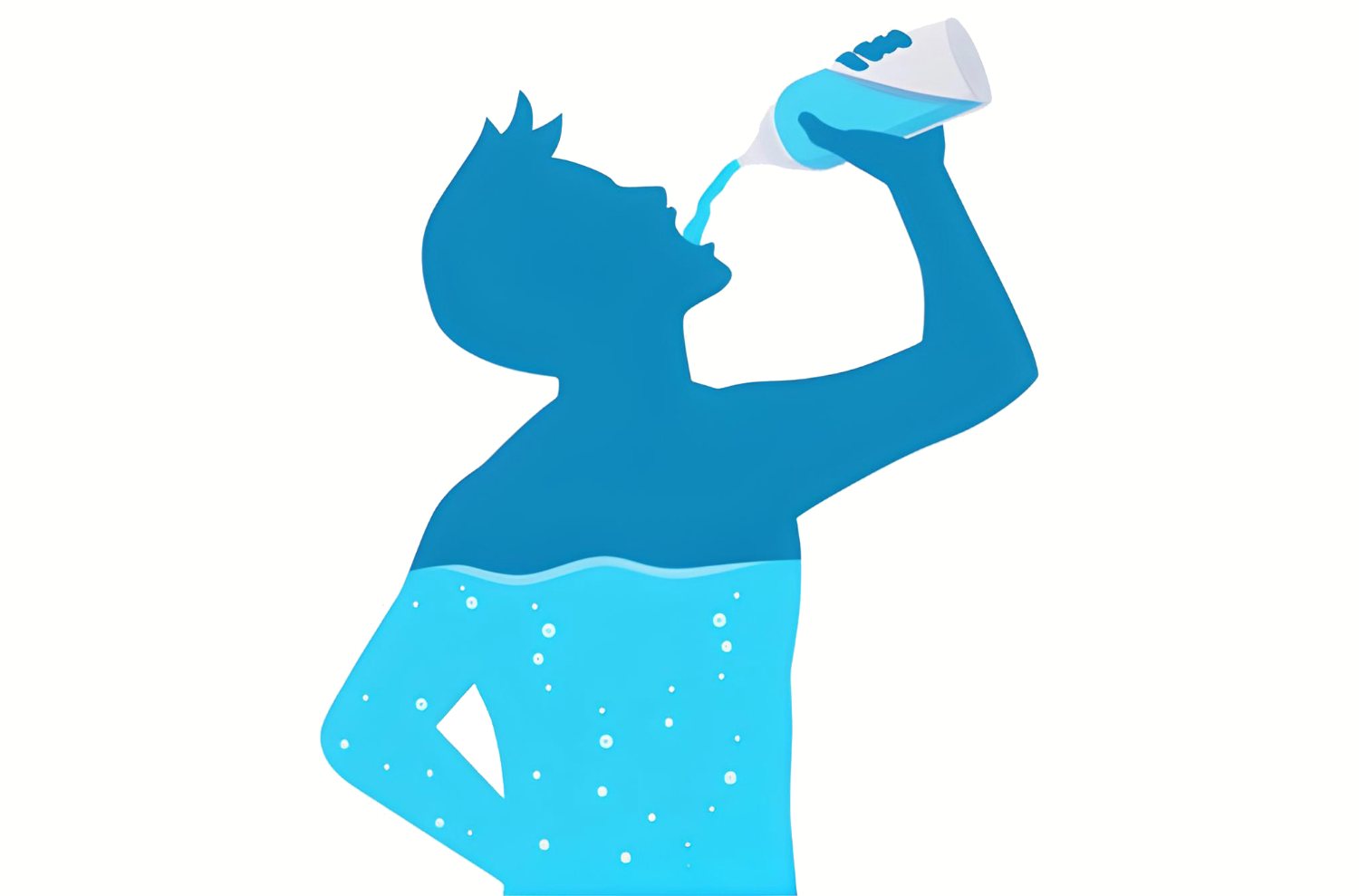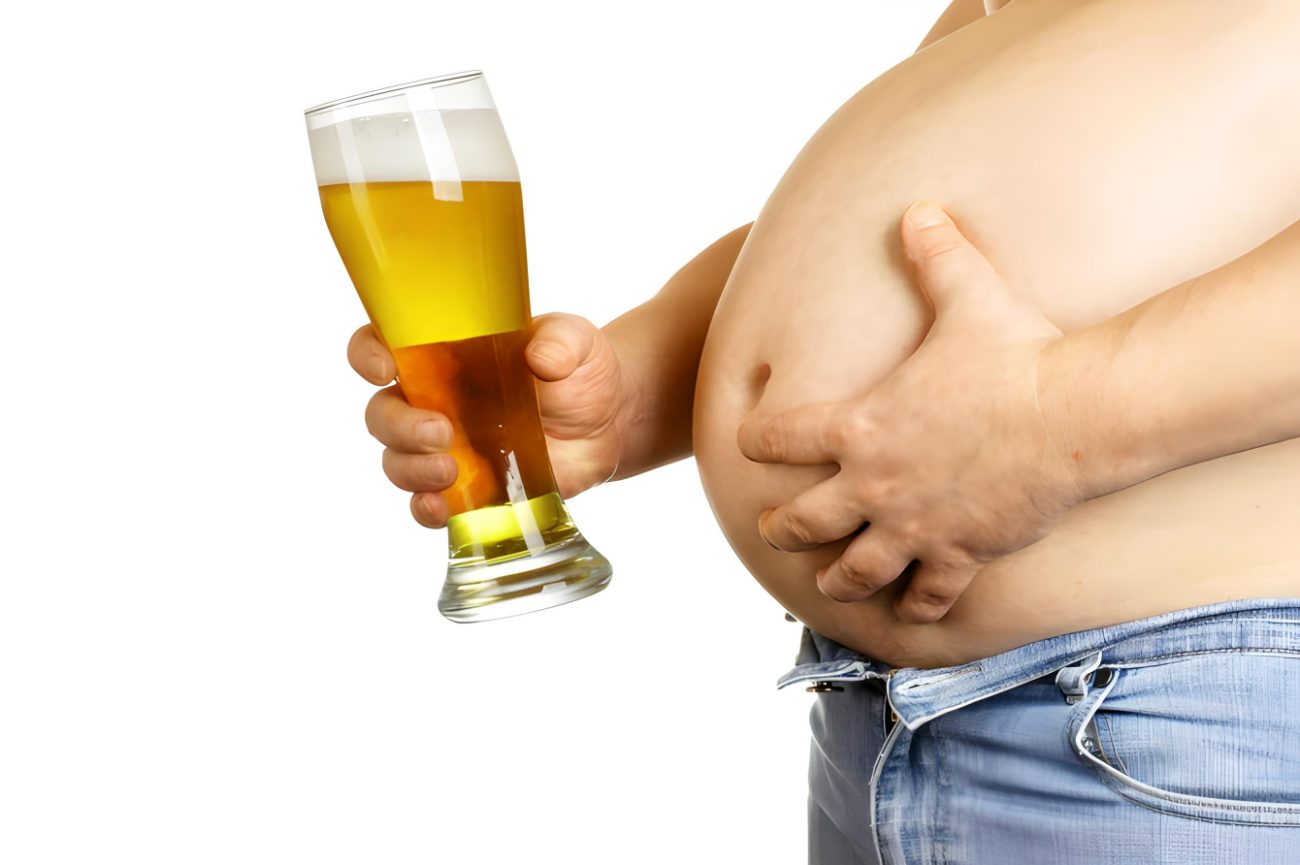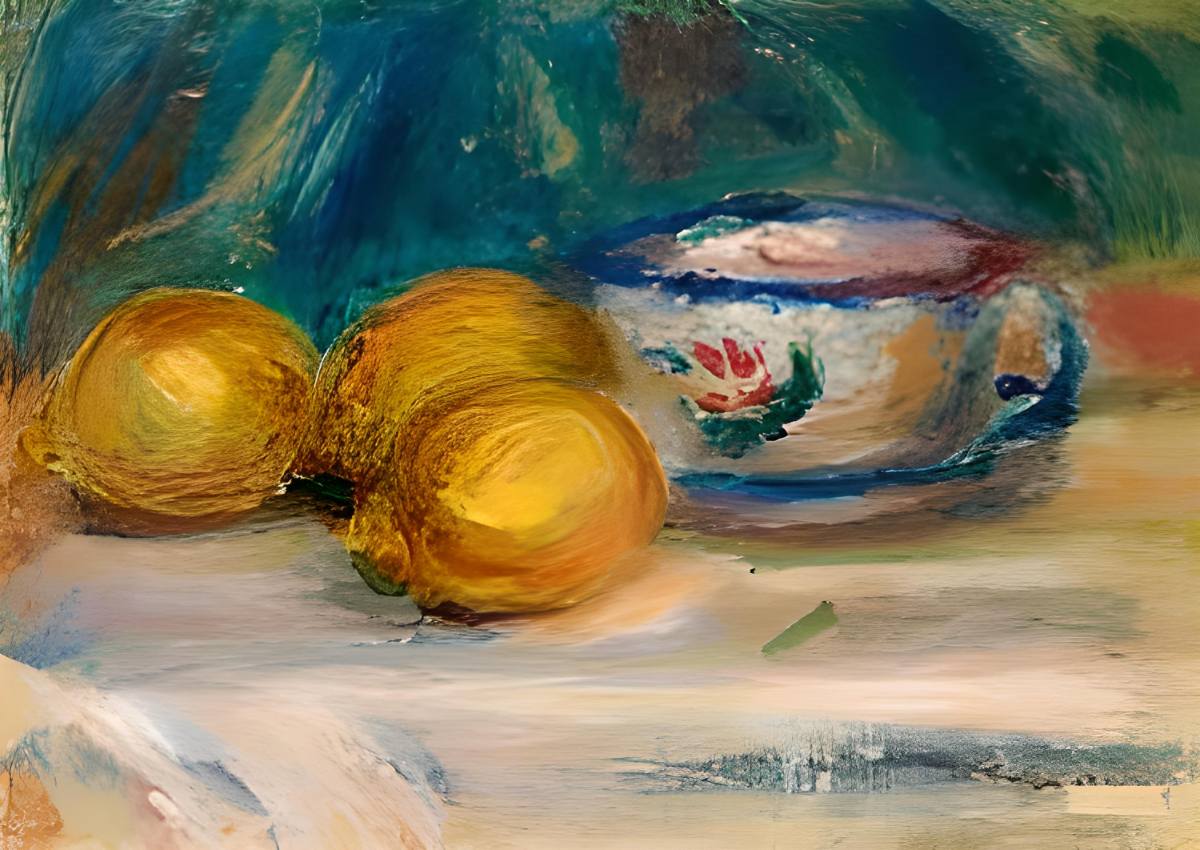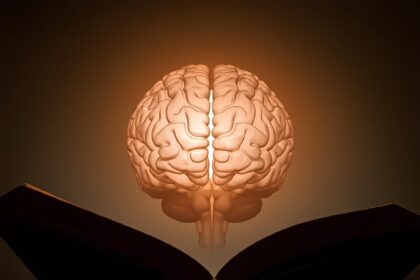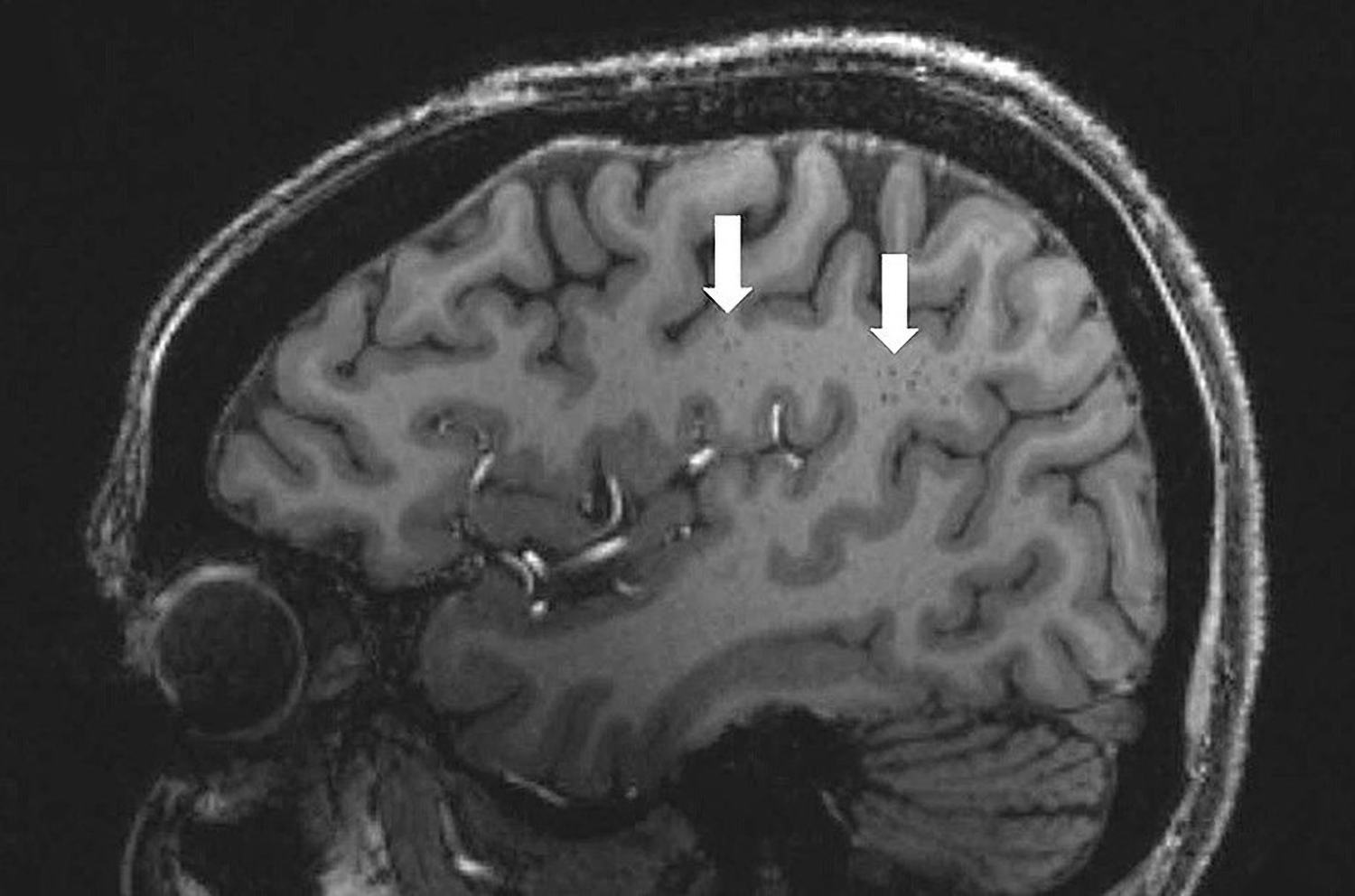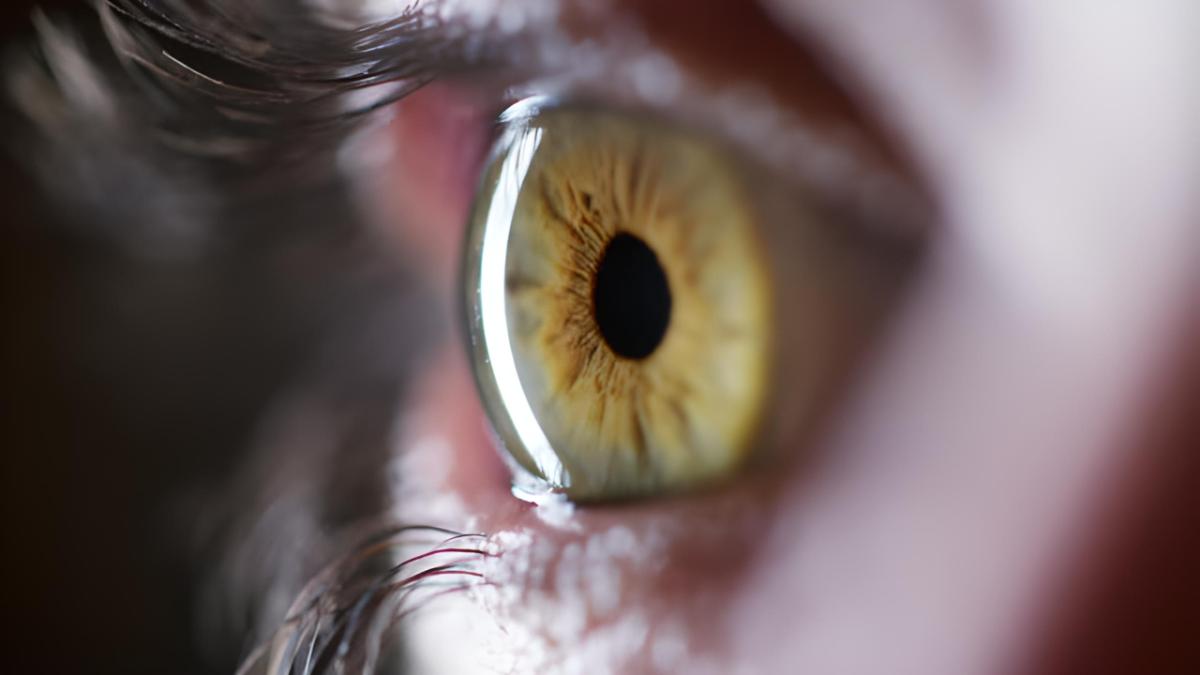Drinking alcohol has been ingrained in the social fabric of many societies and is a regular practice during social gatherings. In some cultures, drinking beer at the end of the day, sparkling wine for a toast, and maybe even more at the next celebration are examples of this. But why is it that so many individuals like drinking alcohol, despite the fact that they are aware of the risks associated with doing so? And why exactly does drinking make one feel happier?
Already many thousands of years ago, the use of alcoholic beverages became a custom or a regular cuisine in many cultures. And this pattern will likely continue: Germans are among the heaviest drinkers in the world, with an average annual consumption of more than 10 liters (340 oz) of pure alcohol per person. It is projected that 2.5 million people in Germany will need alcohol addiction treatment in the near future. Up to 40,000 individuals in the country lose their lives each year as a direct result of the effects of drinking too much alcohol.
The hedonistic indulgence of toxins
Alcohol is a cytotoxin that is known to cause damage to organs and is associated with an increased risk of a wide variety of disorders. Consuming excessive amounts of alcohol causes damage to brain tissue and disrupts the activities of all organs and the body as a whole. The most common illnesses caused by alcohol use include cirrhosis of the liver, damage to the pancreas, cardiovascular disease, cancer, and other mental disorders.
Because when alcohol is broken down, the neurotoxin circulates in the body, poisoning it with acetaldehyde, a very dangerous and carcinogenic chemical, and leading to alterations in the brain that are often permanent; this is particularly true in those younger than 25 years old. This is because their brains are still in the process of growing. Long after the effects of dehydration have worn off, the perception will still be hampered, blood sugar levels will be decreased, and the body will continue to battle against the lack of water. In spite of this, a feeling of euphoria is often what is retained in the mind, which creates the risk of developing an addiction.

Because despite the fact that alcohol is recognized as both a neurotoxin and a drug, it is nevertheless easily accessible in most places and, most importantly, is generally seen to be acceptable by society. Why do so many individuals choose to ignore the dangers associated with this widely used stimulant?
Interference with the functioning of the brain
To this day, the consumption of alcohol is still the subject of much debate: on the one hand, alcohol is still a substance that is detrimental to one’s health; on the other hand, some studies show that people who drink alcohol in moderation would live longer than those who do not drink alcohol at all. Another explanation for alcohol’s widespread consumption is that, when a person has developed a tolerance to its bitter flavor, their bodies no longer recognize the threat presented by the neurotoxin since they have gotten acclimated to it.
The use of alcoholic drinks may have the benefits of lowering tension, bringing about feelings of serenity and euphoria, and removing inhibitions. Some people believe that drinking alcohol is a restful or relaxing activity, particularly after a tough day at work. According to the results of a poll, one in five males said that drinking alcohol helped them relax. In addition, the poll found that around eight percent of the women stated they drink alcohol to unwind. But what might possibly be the cause of this?
It has been known for a very long time that alcohol has an effect on the brain that causes a person to gaze into their glass more often while they are drinking. This last effect is caused by a shift in the proportion of neurotransmitters in the brain, which are chemical messengers that communicate with the nerve cells. The upbeat mood may be attributed to this process.
What happens when we drink alcohol?
The vast majority of the alcohol we drink goes straight into our bloodstream and is then disseminated all throughout our bodies. Finally, it breaks through the blood-brain barrier and enters the brain, where it causes an increase in the amount of dopamine. Dopamine is a neurotransmitter that is essential for the functioning of the reward system. This is due to the fact that our bodies constantly produce a significant quantity of dopamine whenever we achieve success in a certain endeavor, whether it be in a sport, at work, or in a relationship, for example. The same can be said of endorphins, which are messenger molecules that have the effect of making us feel joyful and even euphoric at times. Alcohol stimulates the release of these feel-good endorphins, which, for example, are normally produced while engaging in physical activity.
The intoxication level of an alcoholic not only alters their state of mind, but also their typical actions and characteristics. People judge distances increasingly inaccurate, lose the ability to focus, their overall speed and coarse motor skills deteriorate, and they show a tendency to overestimate their capabilities. The surroundings are only observed in a hazy manner, and stressful memories and unpleasant experiences are forgotten. Drinking alcohol provides a brief escape from the actual world; for many people, this is a temptation.






